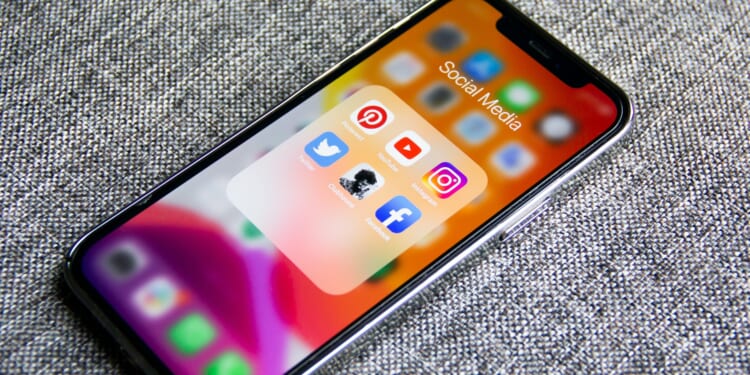I’ll never forget where I was when news broke that Charlie Kirk had been shot. I was in a meeting with a group of colleagues when a peer to my right announced the horrific news. Each of us began to scroll deeper and deeper down X, three of the five of us almost immediately exposed to the up close assassination video indelibly etched in my mind. We prayed; we tried to process; and we continued to refresh our feeds awaiting more information.
In the days since this senseless tragedy, I couldn’t help but reflect on the incredible life and legacy of Charlie Kirk. As a young man who shares his goals, I am committed to picking up his mantle—as are thousands of others. But Charlie has also inspired me to go even further. I’ll be fasting from the always-online nature of postmodern life for a time. I’ll take a break from the media, including social media, for the month of October. And I think you should, too.
In the aftermath of the shooting, I was glued to my phone. The algorithms did what they always do. They highlighted the worst sides of humanity, with the most incendiary theories strategically planted in our feeds to boil our blood, and unsolicited, grotesque footage of the incident annotated by the most-liked comments in the feed.
The conspiracies ran amuck, clouding our ability to process as we tried our best to piece the story together through random Twitter accounts, awaiting clarity from reputable sources. Like all Americans, I felt fear, despondency, and uncertainty as to what this all meant. I quickly realized that interacting with this tragedy and story through the lens of social media made this event maximally destructive.
I’m not just talking about the Luciferian actors dancing and praising the death of this young husband and father; the divide in our social feeds where friends told me the clarity this incident provided in purging their friend lists and blocking accounts of neighbors and old friends; nor even the seeming intentionality of falsities being planted about the incident to skew the narrative of what happened in a manner that could be capitalized on for political agendas. In the aftermath of Charlie’s death and the social media frenzy, I would come to realize that it’s distracting us from everything he would want us to ensure this serves as a Turning Point USA.
Charlie would want us to focus on the work he did in his lifetime, not his death.
And for me, three things have come clearly into focus that define how Charlie impacted me and my world.
First, Charlie was driven to do all he did in life as a believer and as a husband. And he was remarkably disciplined in his busy life to ensure these priorities were reflected in his daily actions.
Second, his emphasis on higher education being a scam was underscored by his voracious appetite for reading and doing the hard work of teaching himself.
Finally, the Charlie Kirk model only worked because the conversations he had with students across the world were face-to-face, looking directly into their eyes and speaking with them as children of God. Without this component, the humanity would have been stripped.
Now, I could point to research, data, and all manner of statistics that highlight why social media and being glued to our smart devices, is eviscerating our humanity. But Kirk’s legacy alone is far more persuasive.
Charlie and his wife, Erika, embodied this, choosing to take a phone Sabbath every Friday night through Saturday night, without exception. In Charlie’s own words, “Turn your phone off for one day. No contact, no social media, no work. Your mental health will improve dramatically…it will bless you infinitely.”
Notice that the very reason Charlie Kirk rose to prominence online was not because he was driven by likes, engagements, and followers on social media, but a transcendent purpose as a believer and loving father and husband. Doing the right things for the right reason and “doing it for the ‘gram” are forever and always incompatible.
And that emphasis on delayed gratification, which allowed Charlie to build his mind in pursuit of truth, meant eliminating distractions, touching grass, and reading a book rather than doomscrolling.
Finally, we must take away the importance of the medium. Anyone can have a debate on Twitter—carefully crafting each response, asking ChatGPT for witty replies as you go, and stripping the person you’re engaged with of all humanity through the digital filter.
But that is wholly and completely anathema to the movement Charlie so brilliantly built.
That’s why I’ve concluded getting off social media is a small but important way to honor his legacy. If our smart phones are in fact a portal to hell, loneliness, and anxiety, we should be champions of doing the right things for the right reasons, spending more time in the Word and seeking knowledge, and engaging with family, friends, and peers in person more so than strangers on an inhuman social platform.
And that is precisely why I plan on fasting from all secular media for the month of October, and I think you should too.











